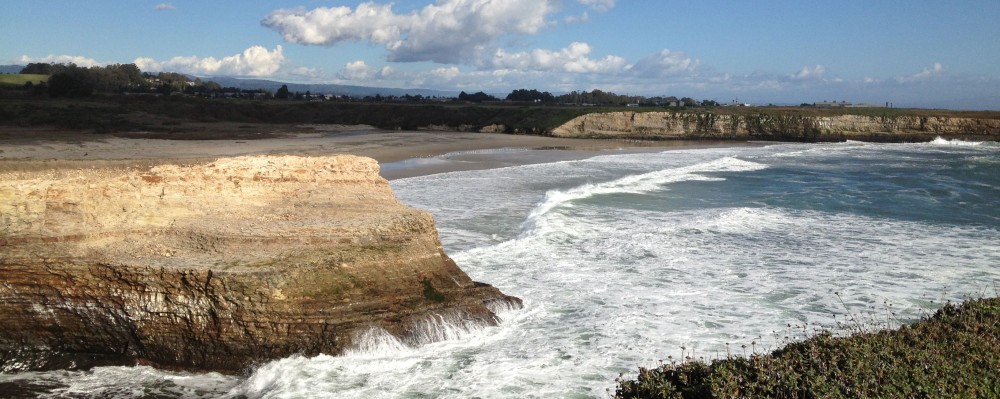MOOCs have all of the characteristics of a dot.com entrepreneurial start up. Participation is free, a mass audience is recruited, the Internet is used, a brilliant idea emerges, the reach is Global, a speculative business model evolves, and venture capital is required.
In the Internet Era, countless software environments have been developed for an incredible array of services. Many have rapidly emerged and faded away as rapidly: Gopher, Netscape, WebVan, Flooz.com, eToys, Excite@Home, CyberRebate, and thousands more.
From Wikipedia:
http://en.wikipedia.org/wiki/Dot-com_company
List of well-known failed dot-coms
“In the late 1990s (as well as today) many businesses were interested in investing in the Internet to expand their market. The Internet has the ability to reach out to consumers globally as well as providing more convenient shopping to the consumer. If planned and executed correctly, the Internet can greatly improve sales. However, there were many businesses in the early 2000s (decade) that did not plan correctly and that cost them their business.”
All sorts of ideas, configurations, and potential services have been developed and that trend is continuing. Each technological breakthrough brings new opportunities, challenges and cultural changes.
However, ultimately the culture must value aspects of the activity if that activity will be sustained over time. When thinking about the intersection of credit online courses; massive online open courses; traditional classes delivered in Bricks & Mortar environments; credits, the Carnegie unit, degree programs; and a whole new set of challenges emerge.
Will Bricks & Mortar institutions extend their reach by evaluating and certifying experiences in MOOCs..??
What Colleges and Universities will allow students to earn credits via MOOCs, apply those credits for degrees, and to graduation requirements? Is the Carnegie Unit even relevant in this day and age..?? Will the MOOCs become Colleges or Universities as stand alone institutions…???
The politics and policies surrounding this question will resolved relatively quickly. However; there is tremendous sorting out related to articulation agreements for individual classes, and ultimately transfer agreements for matriculating students.
Several initiatives are moving forward to create processes for awarding credits for students who complete MOOCs.
……………………
The Chronical of Higher Education February 7, 2013
American Council on Education Recommends 5 MOOCs for Credit
By Steve Kolowich
http://chronicle.com/article/American-Council-on-Education/137155/
“In what could be a major step toward bridging the gap between massive open online courses and the credentialing system that they are supposed to “disrupt,” the American Council on Education on Thursday endorsed five MOOCs for credit.
Two of the approved courses, “Introduction to Genetics and Evolution” and “Bioelectricity: A Quantitative Approach,” come from Duke University. Two others, “Pre-Calculus” and “Algebra,” come from the University of California at Irvine. The last, “Calculus: Single-Variable,” comes from the University of Pennsylvania. All five are offered through Coursera.”
…………………
“MOOCs” for Credit Come to California
by AUDREY WATTERS on 15 JAN, 2013
Take note, folks. It’s here: “MOOCs” for credit.
California Governor Jerry Brown, San Jose State University President Mo Qayoumi, and Udacity co-founder and CEO Sebastian Thrun held a press conference this morning to announce a pilot program that marks a first for the state: San Jose State will award college credits for special versions of select Udacity classes.
……………………….
If the debate regarding MOOCs, Bricks & Mortar Universities, Online Credit Courses ever ends; it will be the values and ideals that the society deems important which will determine the outcomes——-not the technological means to used to shape the outcomes. Technology is merely a tool to be used or not used, at the discretion of the society. Values and ideals drive system. These ideals combined with technological advances are part of the continuing evolutionary change of education. Other innovations, such as the universal adoption of textbooks did not occur in one day.
